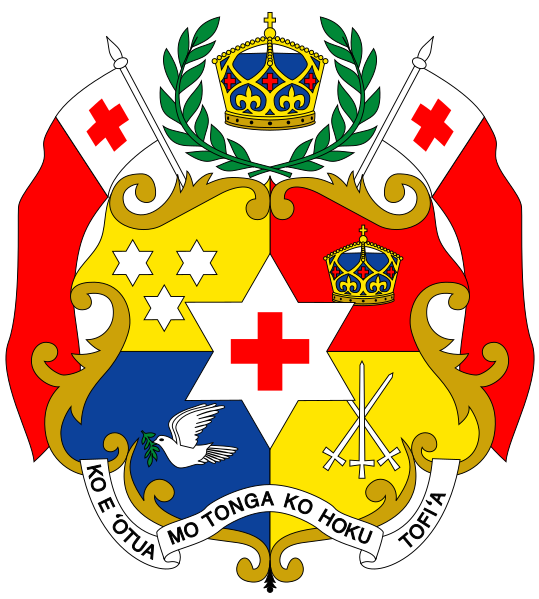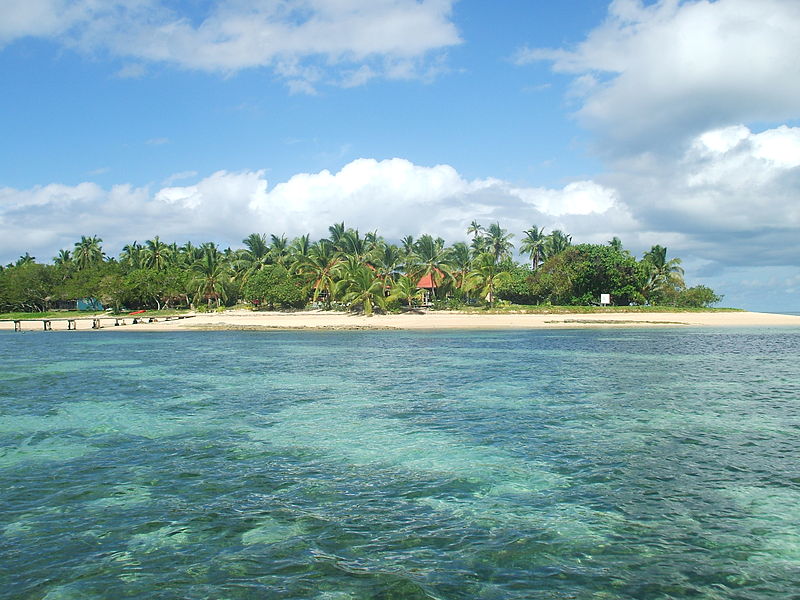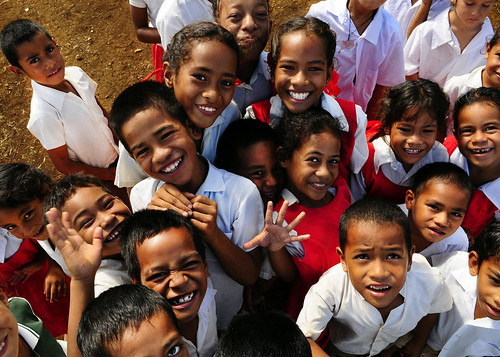Difference between revisions of "Adopting from Tonga"
(→Hague Convention Information) |
|||
| Line 22: | Line 22: | ||
=Hague Convention Information= | =Hague Convention Information= | ||
| + | Tonga is not party to the Hague Convention on Protection of Children and Co-operation in Respect of Intercountry Adoption ( Hague Adoption Convention ). Therefore, when the Hague Adoption Convention entered into force for the United States on April 1, 2008, intercountry adoption processing for Tonga did not change. | ||
| + | |||
| + | |||
| + | Tongan law states that prospective adopting parents must reside with the child for period of at least six months prior to the application for adoption of that child. In addition, under Tongan law, only illegitimate children may be [[adopted]]. | ||
| + | |||
| + | |||
| + | The Tongan Government is proposing to pass a Dual Nationality Law in the near future. It is unclear, however, what this law may contain or how it may affect adoptions of Tongan children. The Department of State and the U.S. Embassy in Suva, [[Fiji]] (which handles Tongan immigration issues on behalf of the U.S. Government) will monitor the progress of any such legislation and update this flyer accordingly. | ||
=Who Can Adopt= | =Who Can Adopt= | ||
Revision as of 03:01, 11 April 2014
Contents
Hague Convention Information
Tonga is not party to the Hague Convention on Protection of Children and Co-operation in Respect of Intercountry Adoption ( Hague Adoption Convention ). Therefore, when the Hague Adoption Convention entered into force for the United States on April 1, 2008, intercountry adoption processing for Tonga did not change.
Tongan law states that prospective adopting parents must reside with the child for period of at least six months prior to the application for adoption of that child. In addition, under Tongan law, only illegitimate children may be adopted.
The Tongan Government is proposing to pass a Dual Nationality Law in the near future. It is unclear, however, what this law may contain or how it may affect adoptions of Tongan children. The Department of State and the U.S. Embassy in Suva, Fiji (which handles Tongan immigration issues on behalf of the U.S. Government) will monitor the progress of any such legislation and update this flyer accordingly.
Who Can Adopt
Residency
Age of Adopting Parents
Marriage
Income
Other
Who Can Be Adopted
How to Adopt
Adoption Authority
The Process
Traveling Abroad
Applying for Your U.S. Passport
A valid U.S. passport is required to enter and leave Tonga. Only the U.S. Department of State has the authority to grant, issue, or verify U.S. passports. Getting or renewing a passport is easy. The Passport Application Wizard will help you determine which passport form you need, help you to complete the form online, estimate your payment, and generate the form for you to print-all in one place.
Obtaining Your Visa
In addition to a U.S. passport, you also need to obtain a visa. A visa is an official document issued by a foreign country that formally allows you to visit. Where required, visas are attached to your passport and allow you to enter a foreign nation. To find information about obtaining a visa for Tonga, see the Department of State's Country Specific Information.
Staying Safe on Your Trip
Before you travel, it's always a good practice to investigate the local conditions, laws, political landscape, and culture of the country. The State Department is a good place to start. The Department of State provides Country Specific Information for every country of the world about various issues, including the health conditions, crime, unusual currency or entry requirements, and any areas of instability.
Staying in Touch on Your Trip
When traveling during the adoption process, we encourage you to register your trip with the Department of State. Travel registration makes it possible to contact you if necessary. Whether there's a family emergency in the United States, or a crisis in Tonga, registration assists the U.S. Embassy or Consulate in reaching you. Registration is free and can be done online.
After Adoption
What resources are available to assist families after the adoption?
Many adoptive parents find it important to find support after the adoption. Take advantage of all the resources available to your family -- whether it's another adoptive family, a support group, an advocacy organization, or your religious or community services.
Here are some good places to start your support group search:
Child Welfare Information Gateway
North American Council on Adoptable Children
Adoption Services Support Group for Adopting Persons
SOURCE
Intercountry Adoption, Bureau of Consular Affairs. U.S. Department of State Country Information









